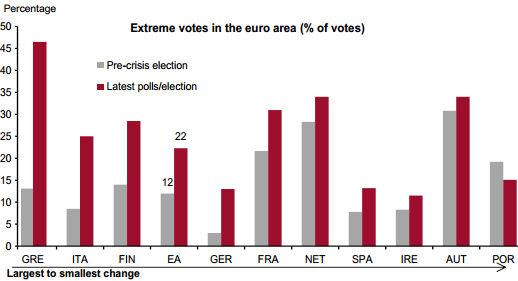Going into yesterday’s election, the prediction markets had President as a 2:1 favorite to win a second term, and the New York Times‘ Nate Silver put the odds at more like 9:1. Silver is rather up front about his methodology (though it does contain some “secret sauce”), and he posts predictions for every single state in the union. Indeed, he predicted a 332 electoral votes, with Florida going to Obama with a raz0r-thin margin — Silver gave the president a 50.3% chance of carrying the state.
As it stands, President Obama has secured 303 electoral votes, with the allocation of the 29 Florida votes too close to call. As of this writing, the count has it every-so-slightly in Obama’s favor.
If it goes Obama’s way, Silver will have nailed the election; if it goes Romeny’s way, InTrade will have nailed the election.
Remarkable.
There was some controversy about Silver’s methodology, and some conservative commentators thought he was telling the Democrats what they wanted to hear. Well, the proof of the puddin is in the eating, as the saying goes (or would go if it hadn’t been hopelessly garbled).
See here for a whole lot of other election predictions that weren’t as good as Mr. Silver’s.
UPDATE: Florida goes to Obama / Silver. Bow down.



 Don Gerard
Don Gerard